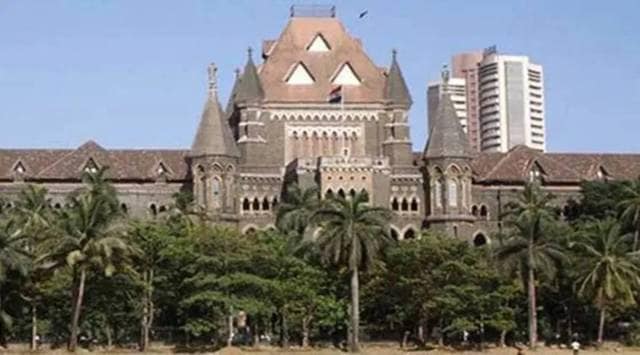‘Incorrect impression’ that guidelines to protect identities were general directions for all POSH cases: HC
The court said that it was an “incorrect impression” that the said directions passed on September 24 last year were general directions governing all matters of POSH
 The wife refused to give consent for extension of residence permit for the child in Denmark, prompting the husband to approach the HC. (File)
The wife refused to give consent for extension of residence permit for the child in Denmark, prompting the husband to approach the HC. (File)Nearly six months after it passed guidelines or working protocols for courts, their registries and the media for conducting and covering proceedings pertaining to sexual harassment of women at workplace, the Bombay High Court on Thursday clarified that the same were only specific to a certain case it was hearing.
The court said that it was an “incorrect impression” that the directions passed on September 24, last year, were general directions governing all matters under the Sexual Harassment of Women at the Workplace (Prevention, Prohibition and Redressal) Act, 2013 (POSH Act) and Rules.
🗞️ Subscribe Now: Get Express Premium to access the best Election reporting and analysis 🗞️
Maintaining that is imperative to protect the identities of the parties in such hearings, including the victim, the accused or the witnesses, the HC had last September said that hearings should be conducted or verdicts delivered inside chambers or in-camera, and not in open court.
A single judge bench of Justice Gautam S Patel on Thursday passed a clarificatory order after hearing an interim application in a suit filed by The Forum Against Oppression of Women – represented by senior advocate Indira Jaising, along with advocates Vijay Hiremath and Swaraj Jadhav.
The interim plea said that the guidelines were not only “against the letter and spirit” of the POSH Act, but also “against the concept of open courts”, which is an essential aspect of judicial determination world over. Jaising said that the September 24 order was being cited by accused in other cases before courts.
“The interim application proceeds on the basis that the directions on that day in the suit were general directions governing all matters under the POSH Act and Rules… that is an incorrect impression,” Justice Patel noted.
“The directions had to be confined to this particular case. They could not possibly have had any larger or wider applicability for the simple reason that any such rules of general applicability would have to be approved by the full court,” Justice Patel, who had passed the September 24 order, added.
Jaising agreed that such a clarification “sufficiently addressed her clients’ concerns”. Justice Patel directed that the clarification be uploaded though the entire suit file for the matter was under seal. The names of the parties were kept anonymous in the order and the court directed that the case papers, which were unsealed for this order, be sealed again.







